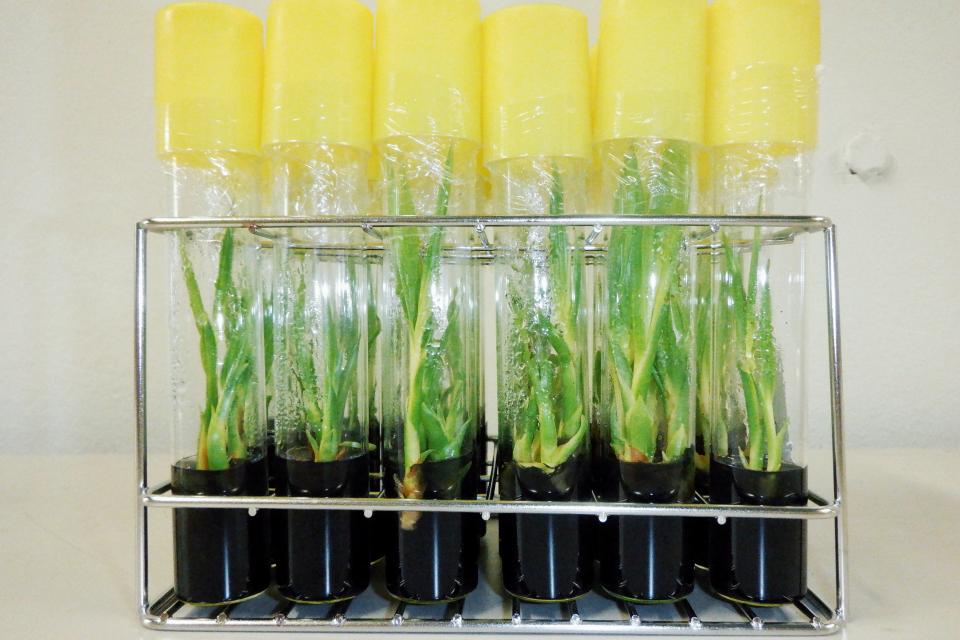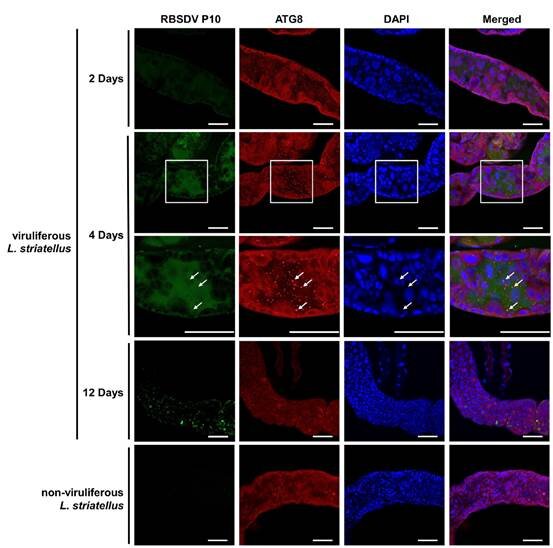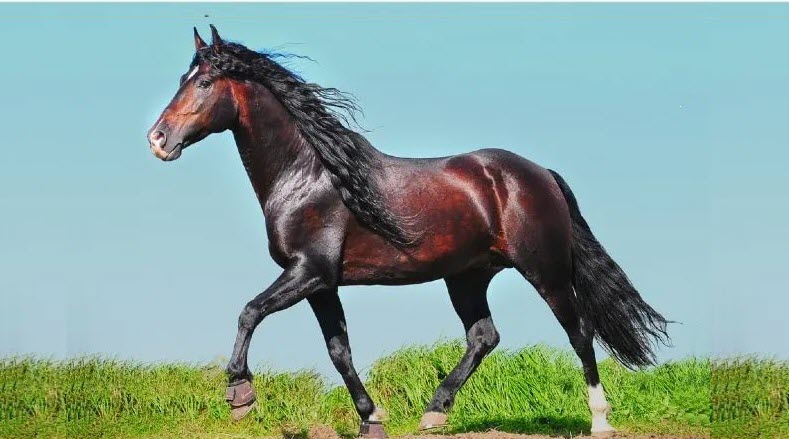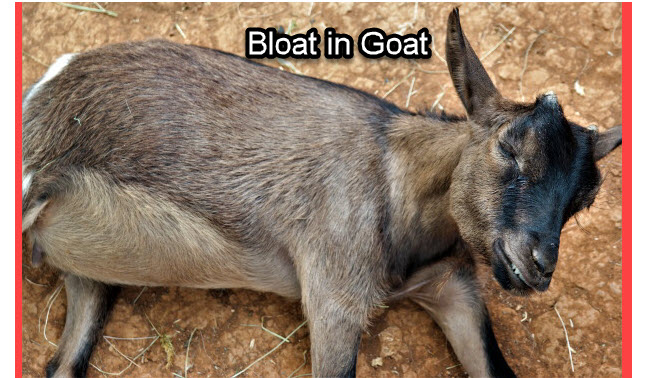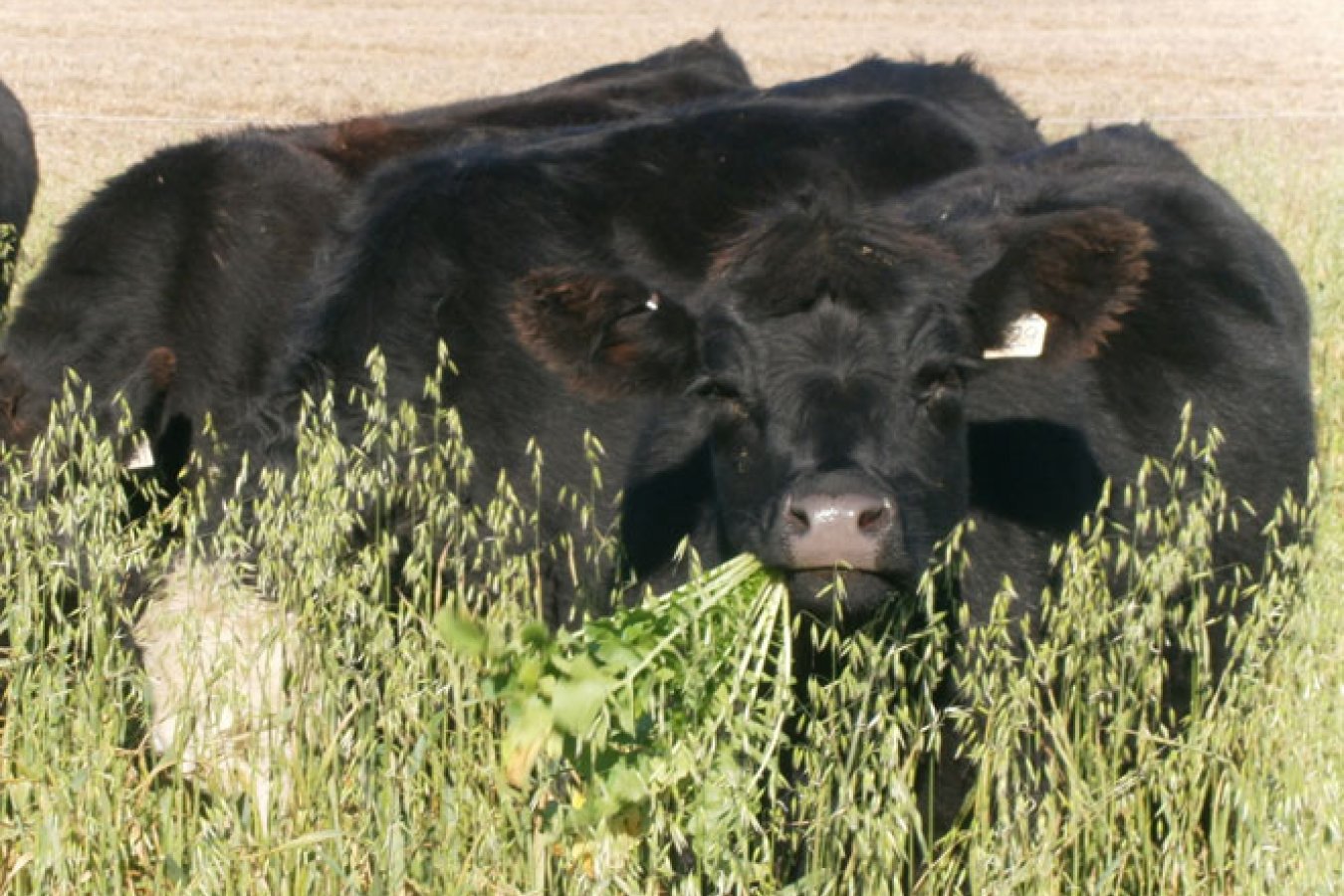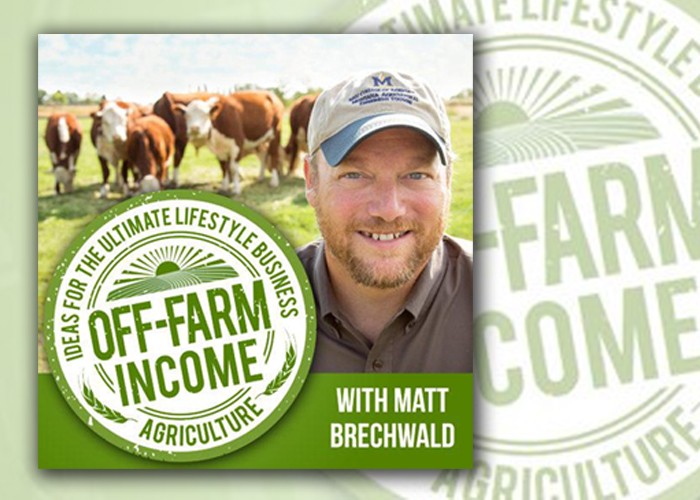 John LaRose Jr.
John LaRose Jr.
Topics: Forestry, Fruit, Research, Genes /Genetics, Education,
Coconut tree cloning breakthrough will help propagation and preservation
Coconut trees grow slowly and are difficult to clone. Scientists at KU Leuven and the Alliance multiplied seedlings faster and conserved coconut genetic resources for the long-term. This will help preserve coconut tree biodiversity and meet increasing demand for coconuts and derived products
-
(0)
-
Bookmark
- Comments (0)
 John LaRose Jr.
John LaRose Jr.
Topics: Soil Health, Agriculture Global, Sustainability, Fertilizer, Regenerative Agriculture, Education,
Scientists fight to fix the world's soils - Samachar Central
The intensification of agriculture has ramped up food production, but wreaked havoc on soils. Sustaining agriculture into the future depends on our ability to fix it. Credit: Murdoch University On a rural Bangladesh farm, Sonatan holds special blessing ceremonies for a small, cheap tractor that changed his life. It’s been a remarkable few years for […]
-
(0)
-
Bookmark
- Comments (0)
 John LaRose Jr.
John LaRose Jr.
Topics: Ag Europe, Regenerative Agriculture, Renewable Energy (Solar/Wind), Education,
Insight into power generation in photosynthesis may lead to more resilient crops - My Droll
Relay of iron-sulfur clusters (red-yellow cubanes) that wire electrons from ferredoxin (Fd) to plastoquinone (Q) in photosynthetic complex I from cyanobacteria (schematically shown in green). Example double electron-electron resonance (DEER) traces are shown in blue – DEER is the pulse EPR technique used to assign the properties of the clusters to their location in the […]
-
(0)
-
Bookmark
- Comments (0)
 John LaRose Jr.
John LaRose Jr.
Topics: Rice, Precision AG , Crop Consultant, Agriculture Global, Sustainability, Research, World Hunger, Plant Breeding, Education,
Scientists Discover The Molecular Mechanism Of Black-streaked Dwarf Virus In Rice - Newspostwall
Rice viruses are prevalent in many rice-growing countries and often cause serious damages to rice production. Among them, the rice black-streaked dwarf virus
-
(0)
-
Bookmark
- Comments (0)
 John LaRose Jr.
John LaRose Jr.
Topics: Soil Health, Precision AG , Crop Consultant, Agriculture Global, Sustainability, Research, Genes /Genetics, Education,
-
(1)
-
Bookmark
- Comments (0)
 John LaRose Jr.
John LaRose Jr.
Topics: Crop Consultant, Agriculture Global, Sustainability, GMO's, Research, Genes /Genetics, Plant-Based/Animal Free, Plant Breeding, Education,
Rare barley mutation with potential
The importance of the root system for agricultural yields is often underestimated. Whether roots can access water and nutrients effectively also determines the resilience of important crops to drought ...
-
(0)
-
Bookmark
- Comments (0)
 John LaRose Jr.
John LaRose Jr.
Topics: Agriculture Global, Equine/Horse, Research, Education,
-
(0)
-
Bookmark
- Comments (0)
 John LaRose Jr.
John LaRose Jr.
Topics: Livestock/Meat, Lamb/Sheep, Economics, Antibiotics, Goats, Research, Education,
-
(0)
-
Bookmark
- Comments (0)
08/19/2021 SOURCE: www.newsbug.info
-
(0)
-
Bookmark
- Comments. (0)
 John LaRose Jr.
John LaRose Jr.
Topics: Soil Health, Precision AG , Agriculture US, Cover Crops, Crop Consultant, Agriculture Global, Water, Sustainability, Education,
South Dakota producers reap rewards of cover crops
The longer farmers use cover crops, the more likely they are to see the benefits and to use the conservation practice on a higher percentage of their farmland, according to a survey of eastern South Dakota producers. Cover crops, which are planted after harvesting the cash crop, help prevent erosion and runoff and increase soil organic matter, thereby reducing the need for fertilizer and improving water quality. In addition, cover crops can help suppress weeds, thereby reducing herbicide and pesticide usage, according to assistant professor Tong Wang of South Dakota State University’s Ness School of Management and Economics. She is part of a team of SDSU researchers who conducted the spring 2018 survey to evaluate producers’ perceptions about the benefits of conservation practices aimed at improving soil health, reducing the industry’s carbon footprint and increasing the sustainability of agriculture. Furthermore, Wang reported those who use cover crops for grazing are more likely to view them as increasing their profitability, even during the first few years. “Grazing helps offset the cost of using cover crops by reducing forage costs.” More than 70% of South Dakota producers graze their livestock on crop residue and cover crops, according to a 2016 survey in the Northern Great Plains. An article on South Dakota farmers’ perceptions about profitability and their likelihood of continuing to use cover crops was published in the Journal of Agricultural and Resource Economics. The research was funded by the South Dakota Corn Utilization Council and the U.S. Department of Agriculture Natural Resources Conservation Service. Tracking cover crop usage In the contiguous United States, the number of acres on which farmers plant cover crops increased from 218,000 in 2012 to 619,000 in 2017, according to the fifth-annual Sustainable Agriculture Research and Education–Conservation Technology Information Center cover-crop survey. Of the 708 South Dakota producers who responded to the SDSU researchers’ su...
-
(1)
-
Bookmark
- Comments (0)


